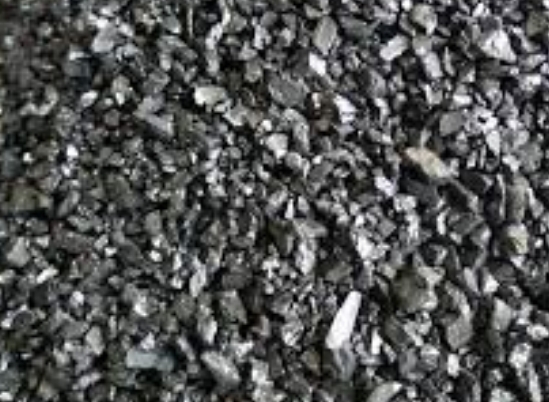
Low sulfur calcined petroleum coke (LSCPC) is a high-quality carbon material derived from the calcination of green petroleum coke with a low sulfur content. The calcination process removes moisture and volatile matter, resulting in a product with a high carbon content, low impurities, and reduced sulfur levels. This article will discuss the advantages of LSCPC and its applications across various industries.
Compared to traditional calcined petroleum coke, LSCPC offers several advantages:
LSCPC is used across various industries due to its unique properties and advantages. Some key applications include:
In the aluminum industry, LSCPC is used as a raw material for anode production. The low sulfur content of LSCPC helps reduce the environmental impact of aluminum smelting and contributes to the production of higher-quality aluminum.
LSCPC is used as a recarburizing agent in the steel industry. Its low sulfur content ensures the production of high-quality steel with fewer impurities, which is essential for applications requiring high-performance steel products.
Graphite electrodes, used in electric arc furnaces for steel and other metal production, can benefit from the use of LSCPC. The low sulfur content of LSCPC contributes to the production of high-quality graphite electrodes with improved performance in electric arc furnaces.
LSCPC is used as a reducing agent in the production of titanium dioxide, a widely used pigment in various industries. The low sulfur content of LSCPC ensures the efficient production of high-quality titanium dioxide with fewer impurities.
Emerging applications of LSCPC include its use in energy storage systems and fuel cells. Its high electrical conductivity, thermal conductivity, and low sulfur content make it a promising material for advanced batteries, supercapacitors, and fuel cell technologies, such as solid oxide fuel cells.

Low sulfur calcined petroleum coke is a versatile material with numerous advantages and applications across various industries. Its reduced sulfur content contributes to a cleaner environment, improved product quality, and enhanced performance in processes such as aluminum and steel production, graphite electrode manufacturing, titanium dioxide production, and emerging energy storage and fuel cell technologies. As industries continue to innovate and adopt more sustainable practices, the demand for LSCPC is expected to grow, further highlighting its importance in modern manufacturing processes.

Write a Message